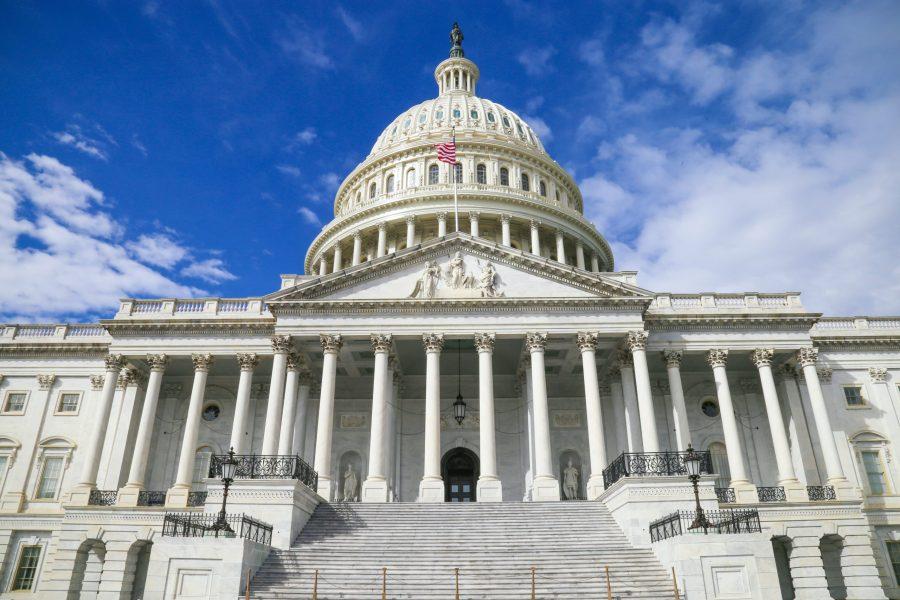The passage of the American Rescue Plan Act of 2021, a stimulus bill passed by the U.S. Congress and signed into law by President Joe Biden on March 11, 2021, allocated an additional $39.6 billion to support universities in their retention of students during the COVID-19 pandemic as part of the Higher Education Emergency Relief Fund. UC San Diego recently completed the allocation of a third round of High Education Emergency Relief Grants.
Under the ARP provisions, public and private non-profit institutions must use half of their funds for emergency grants to students and the other half may be used for institutional purposes which must include programs for monitoring and suppressing COVID-19, and outreach to students regarding potential financial aid adjustments. Unlike HEERF I (funded by the CARES act) and HEERF II (funded by the CRRSAA), the third round of the distribution of the Higher Education Emergency Relief Fund Grant (HEERF III), was funded by the ARP.
UCSD first announced that it would be receiving HEERF funds in 2020. They distributed the funds they received from HEERF I ($17,444,885 from the CARES act) over the time spanning from April 2020 to December 2020 and distributed the funds from HEERF II ($17.4 million from the CRRSAA) throughout January 2021 to September 2021.
While the U.S. Department of Education states that students are eligible for HEERF III so long as they are enrolled in a higher education institution during the COVID pandemic, it asks institutions to prioritize students with need. In their HEERF FAQ page, the Department of Education includes students receiving Pell Grants or other federal/state-based aid as well as those facing extraordinary financial hardships like the loss of employment, reduced income, or basic need insecurity.
As reported by the Financial Aid and Scholarships Office, UCSD received $91,774,980. Of that amount, $45,889,163 must be given in direct grants to students.
The Financial Aid and Scholarships Office identifies 4 different causes to which they will distribute the funds: up to $1000 to support Pell Grant recipients, up to $900 for “needy students” — individuals with an expected family contribution of up to $24,000 — plus an additional $100 if the student has a dependent, and up to $1,500 to provide technology grants for first-year Pell Grant recipients.
The federal government stipulated that students are eligible to receive HEERF III, regardless of whether they filled out the FAFSA. For UCSD students however, HEERF III funds will only be distributed to students eligible to complete FAFSA, excluding non-citizens without an Alien Registration Number.
The school highlights an alternate option for California Dream Act eligible undergraduates, stating that they will be awarded with equal support but through different sources. Graduate and professional students, on the other hand, can be considered regardless of citizenship.
Learning about the availability of resources, however, has proved to be somewhat of a challenge for students. Thurgood Marshall College freshman Fernanda Sevilla said that she was initially unaware of her eligibility for the grant until another student, after receiving their own support, directed her towards the resource.
“I received the HEERF grant without going through any sort of process, so I can’t put a measure on its accessibility,” Sevilla said. “I actually heard about the HEERF Grant through a suitemate. I didn’t even know the grant existed.”
But after her discovery of the grant, Fernanda highlighted the efficiency of its distribution, stating that she “did receive the grant quickly and without any complications.”
According to the UCSD Financial Aid and Scholarships Office, the funds for Fall Quarter have been completely distributed. As of Nov. 22, 2021, the application process is closed for UCSD students to apply for further grants.
Photo taken by Louis Velazquez for Unsplash















Elisa • Dec 29, 2021 at 8:23 am
This is a good idea, many universities and colleges are going through a time now. I think that students as well, because they need to work, study, write different essays. Not so long ago I myself faced such a problem, I read advice for days on articles https://getfinanceessay.com/facile-and-straightforward-guide-to-writing-a-great-finance-essay/ how best to write an essay so that I not deducted
jack wisdon • Dec 28, 2021 at 6:07 am
Impressive post https://setclockwindows.com
Adam • Dec 28, 2021 at 3:00 am
I am currently studying the prospects for the quality control engineer profession https://engre.co/blogs/articles/5-steps-to-become-a-certified-quality-control-engineer/ which seems promising to me. I will be glad if universities have proper funding while I go there.